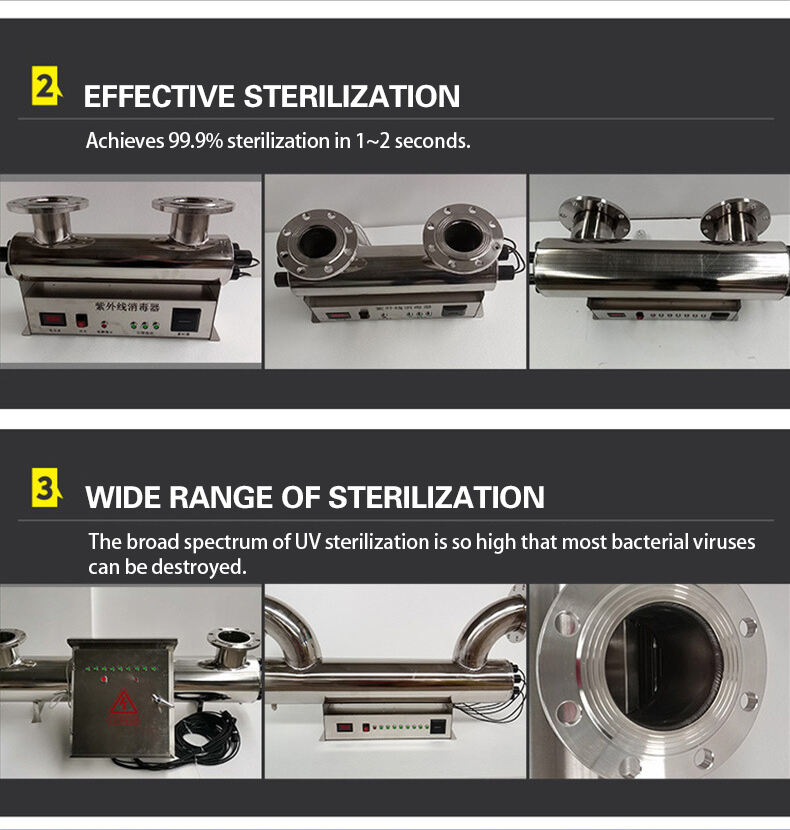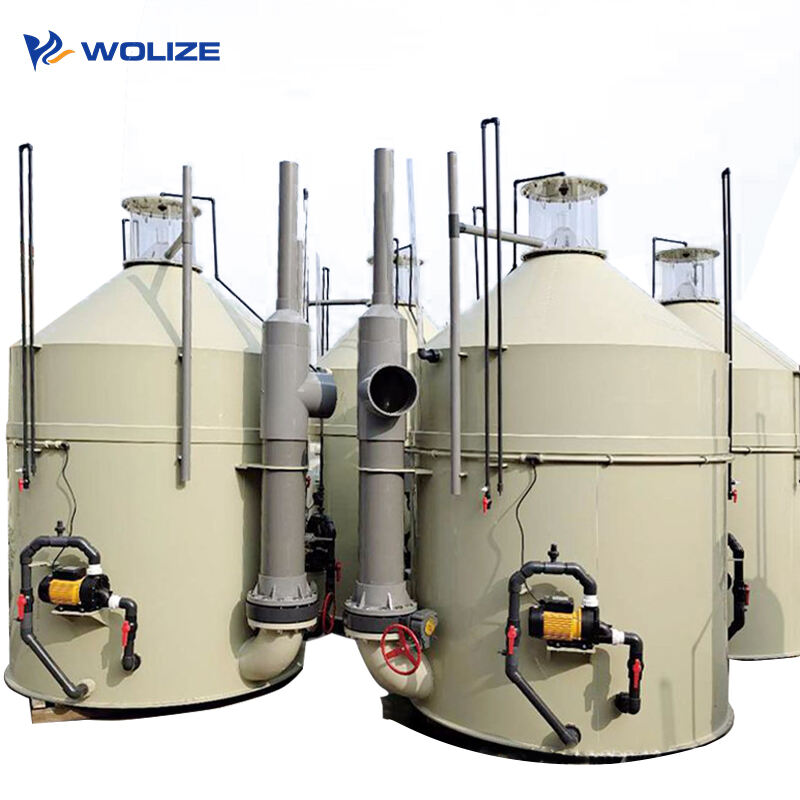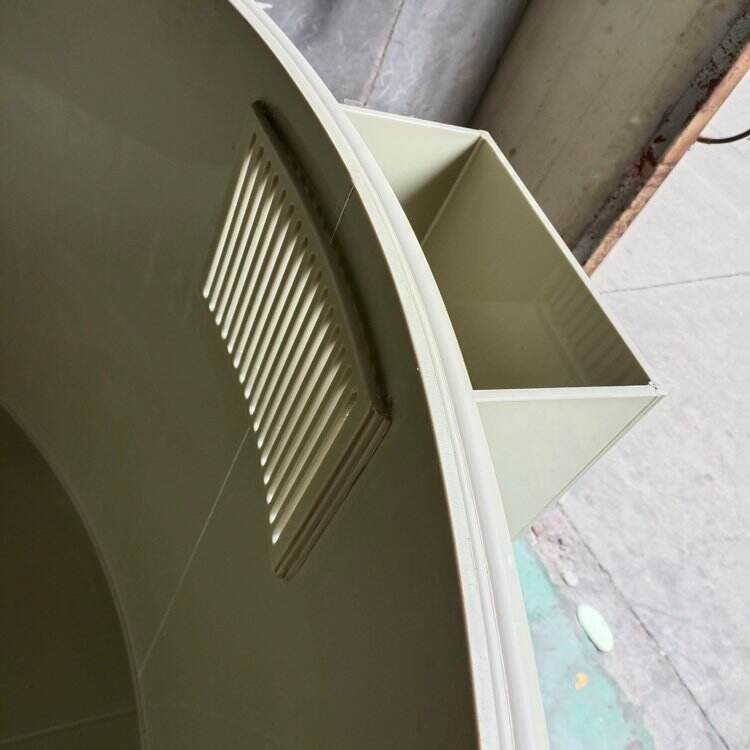 ×
×
Tilapia fish are popular because they are easy to grow and clean in taste. Farmers can create their own tilapia farms by constructing ponds or tanks. They have to feed the fish and provide them with clean water. Farmers, plant more trees, make more money and assist environment through smart farming. There are debacles too, such as fish falling ill and water issues, but innovative approaches are helping farmers excel in tilapia culture.
The first step to starting a tilapia farm is finding a good location with clean water and enough space for the ponds or tanks. It’s worth familiarising yourself with and obtaining the permits you need before you start. Once your farm has been established, you need to choose the appropriate species of tilapia fish to farm. You need to also be on a schedule when feeding and caring for your fish. With proper management you can run a profitable tilapia farm yielding delicious fish for sale.

Use eco friendly methods to increase the profit on the tilapia farm, because they save resource and protect nature. Natural food, water conservation and waste management can help the farmers cut down their cost and boost profit. Farmers may be able to negotiate better prices when selling fish directly to consumers at farmers’ markets or online and build loyal customers. But farmers in the area realized with their focus on sustainability and quality fish, they can create a winning business for both their income and the earth.

So why is tilapia farming so beneficial to the environment and local communities? This lowers demand for wild fish, preserving nature and keeping ecosystems healthy. Moreover, tilapia farms can provide employment opportunities and stimulate livelihoods in rural communities, enhancing well-being and contributing to food security. They can also educate others in the community on sustainable practices and protecting the environment. Through partnership, farmers and communities can design a more prosperous tomorrow.

Although tilapia farming can be quite rewarding, it doesn't come without challenges to the farmers. Issues such as fish diseases, water quality or fluctuating markets can impact a farm’s bottom line. Farmers can also seek advice from experts on how to overcome these issues, such as disease prevention, water treatment, and accessing new customers. And by doing research and keeping an open mind, farmers can solve challenges and make the most of their tilapia farm.
We are specialist in production of PVC steel pipe to support fish ponds PVC galvanized plate fish ponds as well as aquaculture things PVC non drinking water bags, TPU, EVA drinking water bags, TPU oil bags, PE container disposable liquid bags. We have range of choices for the aquaculture system's equipment.
We have more than 15 years of experience in production in aquaculture industry. We are among top three companies in Chinese aquaculture industry. We have strategic alliances with number of renowned Chinese Universities, and have surely skilled team high-density system engineers and engineers who are able provide best quality products and services.
We have certificates such as ISO9001, ISO22000 and COA. We have successfully exported our products to 47 countries and constructed 22 large-scale projects totaling more than 3000 cubic meters. Our aquaculture system is utilized for the production of shrimps and fish across 112 countries.
We can offer you detailed aquaculture program which covers various aspects such as design of the scheme, equipment configurations budgeting and planning for equipment installation. It can help you finish the implementation of your entire aquaculture project, which something that ordinary enterprises can't provide.